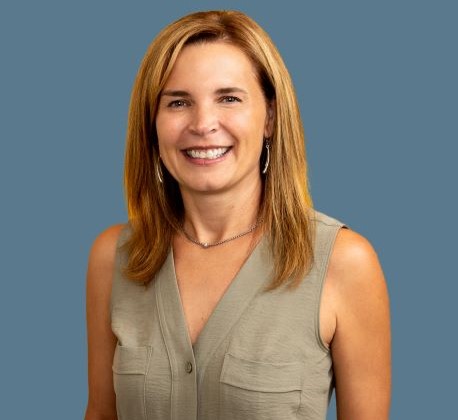Stephanie Borselli, senior consultant at Simpactful, a CPG consulting firm, has worked in sales at many top food brands and understands how to initiate a profitable sales strategy. During last week's SFA Maker Prep Webinar, “Building Your Sales Team for Success,” Borselli explained foundational concepts that drive sales teams, different options specialty food businesses can leverage to drive sales, and how to make a great first sales hire.
Borselli explained the “big rocks” of sales priorities to ground the discussion. These rocks provide the foundation of a successful strategy and are crucial to the success of a business, she said. They are:
• Grow distribution
• Grow velocity
• Minimize spending (be profitable)
• Create a culture where people want to work
• Build a respected brand image
“When you think about all the things that are probably buzzing through your mind, they will really zero down to one of those major rocks,” Borselli said. Being mindful of these core tenets of sales will lead to purposeful decision-making about the sales team.
Another foundational concept that Borselli explained was that different sales channels require different sales skills, wherein selling to independent grocers requires a different skillset than selling to club stores. These differences require a business to create a well-defined channel strategy before building the team so that the needs of the business can be bolstered by salespeople who can effectively operate in the intended market.
When selling to farmers' markets, independent grocers, and convenience stores, Borselli advised having “feet on the street.” These people may not need to be as experienced in the industry, but they need to be passionate about the brand. This would be a good place for entry-level salespeople.
Selling to grocery chains and club stores, however, requires more industry knowledge and expertise. This is because there is a more defined process, and fewer contact points for salespeople to connect with decision-makers.
“In one half-hour conversation, you're going to be able to impact thousands of stores. In that situation, resources and skillsets will change and you need to make sure the people you're sending in to have those conversations are very knowledgeable in how the industry works and how the systems of those retailers take place,” she said.
For the beginning of a brand, she advises that the founding team should drive sales until brokers and sales talent gain interest. If working with a distributor, it should not be treated as a sales team, because, although the support tends to be good, it is often limited, and expensive. Instead, the distributor should be used in tandem with another sales source.
Once product sales begin to accelerate, internal sales teams may be the logical next step for a business. When hiring for the team, however, Borselli cautioned to take time and tap your network for potential sales candidates. “People tend to make a sales hire too quickly… Slow down and always leverage your network. Reach out and find out about this person. There is no one in the world who interviews better than a salesperson.”
Other options that can work alongside or in place of a formal team include brokers and fractional resources, depending on the needs of a business.
Brokers tend to be specialists who have deep retailer knowledge and rely on a network of relationships with retailers. They can help to secure appointments but may forego advocating for a specialty food brand to protect a relationship with a retailer. They also represent many brands rather than one but are cheaper than an internal sales team.
Fractional sales resources can take the form of part-time executives who have access to an executive network and can give advice on strategy. Borselli said that performance and accountability must be set at the beginning of a fractional sales relationship and specifically tailored to the situation. A founder or internal team should still have full-time sales ownership when working with a fractional sales contact.
To learn more about how to build a high-performance sales team, watch the video on demand in the SFA Learning Center.
Related: Building Your Sales Team: Q&A With Industry Leader; Smith Outlines Selling to Costco During SFA Webinar

